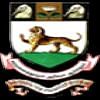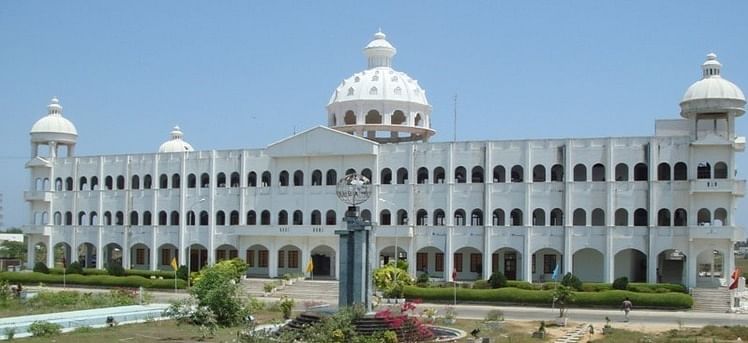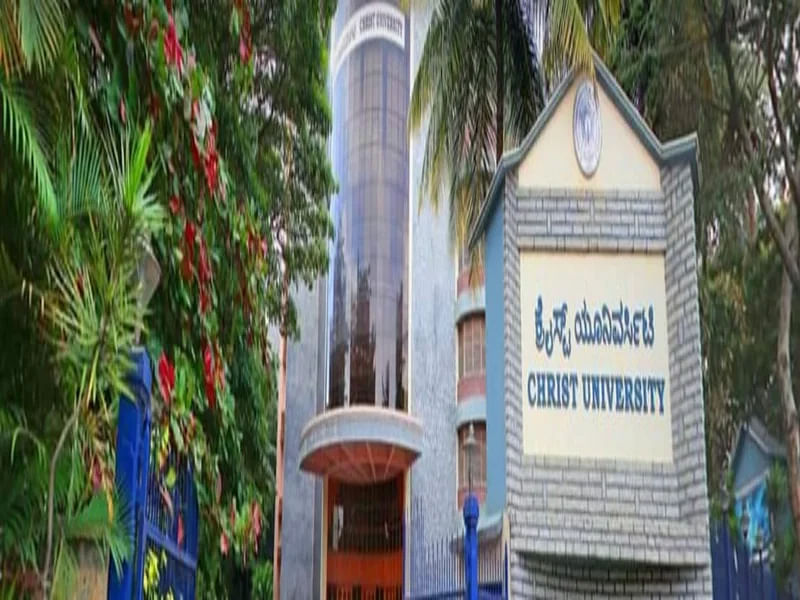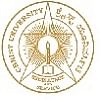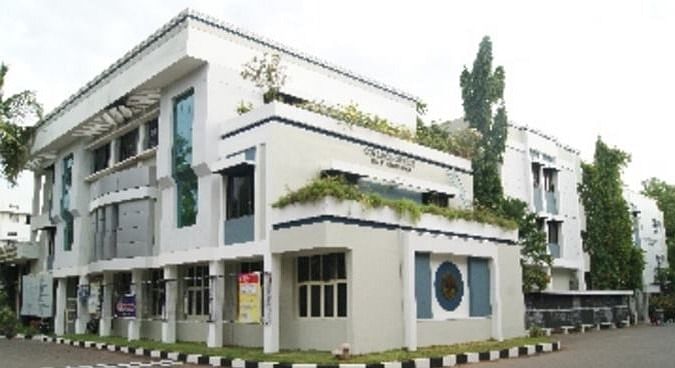M.Sc Actuarial Science Syllabus and Subjects

An M.Sc Actuarial Science is a two-year-long postgraduate program that deals with the concepts of Statistics, Mathematics, and Economics. The first semester deals with the subjects which process awareness towards financial risk and insurance concepts, etc. The second semester gives a proper improved understanding of the service.
Semester Wise M.Sc Actuarial Science Syllabus
The students who have chosen the specialization of M.Sc Actuarial Science are the ones who are going to be professionals in the related critical examination, performing with the financial concepts of Mathematics. An M.Sc Actuarial Science course consists of a curriculum that includes studying various facets of Science.
M.Sc Actuarial Science First Year Syllabus
The table below contains the list of M.Sc Actuarial Science Subjects in the first year:
| Semester I | Semester II |
| Holistic Education | Financial Mathematics – II |
| Financial Mathematics | Probability and Mathematical Statistics |
| Probability and Mathematical Statistics | Financial Economics – I |
| Managerial Economics | Corporate Finance and Financial Reporting - II |
| Corporate Finance and Financial Reporting | Life Insurance and Pensions |
| Financial Markets and Services | - |
M.Sc Actuarial Science Second Year Syllabus
The table below contains the list of M.Sc Actuarial Science Subjects in the Second year:
| Semester II | Semester IV |
| Actuarial Modeling | Life Contingency – II |
| Pensions and Other Retirement Benefits | Health Insurance and Enterprise Risk Management |
| Life Contingencies | Actuarial Applications Using Excel and VBA Macros |
| Statistical Methods and Models | Research Methodology |
| Financial Economics - II | Actuarial Modeling - II |
M.Sc Actuarial Science Subjects
The M.Sc Actuarial Science syllabus is one of the best on its own. This M.Sc Actuarial Science syllabus focuses on the concepts of Statistics, Mathematics, and Economics so there are no elective subjects in this course. Only core subjects are there for the students who have enrolled themselves in this M.Sc Actuarial Science course. Core subjects are the important ones that make the syllabus more worthy and valuable.
M.Sc Actuarial Science Core Subjects
The core M.Sc Actuarial Science Subjects list contains essential subjects that all M.Sc Actuarial Science students study irrespective of their specialization, which is as follows:
- Financial Mathematics
- Financial Economics
- Corporate Finance and Financial Reporting
- Financial Markets and Services
- Pensions and Other Retirement Benefits
- Actuarial Applications Using Excel and VBA Macros
- Statistical Methods and Models
- Actuarial Modeling
- Life Insurance and Pensions
M.Sc Actuarial Science Course Structure
The M.Sc Actuarial Science Course structure consists of only core subjects. The course is a two-year-long diploma course, divided into four semesters. From the first semester onwards, students are introduced to specific important subjects related to their specialization. The course structure is
- IV Semesters
- Core Subjects
- Postgraduate Course
- Project and Assignments
- Financial Concepts
M.Sc Actuarial Science Teaching Methodology and Techniques
An M.Sc Actuarial Science Course has some important teaching methodology that creates a practical and theoretical awareness of the learner. A perfect environment is given to the students where they can ask their doubts comfortably without any hesitation. The M.Sc Actuarial Science Teaching techniques are all about giving the best possible knowledge at their best facilities.
Listed below are the teaching methodology and strategies in general:
- Lectures
- Practical Sessions
- Seminars
- Group Discussions
- Traditional Classroom-based Teaching
M.Sc Actuarial Science Course Projects
While pursuing an M.Sc Actuarial Science Program, course projects and assignments related to the specialization are essential parts of the studies. The projects are there in the course of the M.Sc Actuarial Science to check whether the students are getting understood or not. The students are given the option to choose the projects according to their interests. Listed below are some of the popular projects:
- Structure and analyze actuarial problems, and construct, analyze, and interpret appropriate actuarial, statistical, and financial models, where appropriate, in an actuarial context.
- Logically analyze and critically evaluate the appropriateness and applicability of the concepts, methods, and techniques of actuarial science.
- Actuarial investigation planning, information retrieval, data collection, analysis, reporting, and communication in an actuarial context.
- Logically discuss and communicate actuarial concepts and analyses, both orally and in written form; plan and analyze an actuarial investigation.
- The theoretical concepts, methods, and techniques of actuarial science, and their application, including actuarial, statistical, and financial modeling, where appropriate, in an actuarial context
M.Sc Actuarial Science Course Books
While pursuing any course like M.Sc Actuarial Science, books are the biggest support of the students as they really stand as a pillar of knowledge in their specialization. M.Sc Actuarial Science Course books are a source of information for the students from where they can attain a lot more information about their topic of interest. Libraries give access to the students for taking any books on rent. There is also an option available for downloading books online.
Listed below are some of the popular M.Sc Actuarial Science Course books that the students can invest in:
| Name Of Book | Author |
| Test of Mathematics at Ten Plus Two Level (TOMATO) | Indian Statistical Institute (ISI) |
| The theory of interest. Irwin McGraw Hill | Stephen G. Kellison |
| Fundamentals of Mathematical Statistics | S. C. Gupta and V. K. Kapoor |
| Macroeconomic Theory and Policy. | William H Branson |
| Mathematical Statistics | J.E.Freund |



